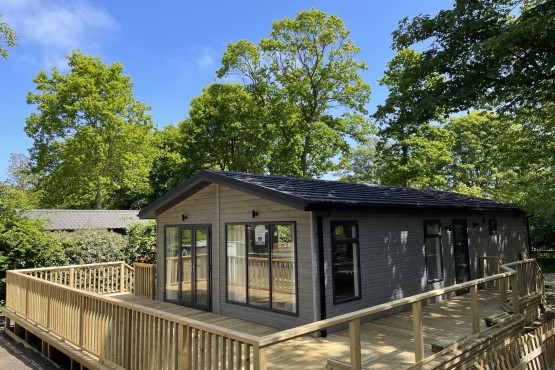Do you pay stamp duty on lodges?
If you’re considering purchasing a lodge, it’s natural to wonder about the various fees and taxes that may come with it. One such fee is stamp duty, which is a tax on land transactions.
So, do you pay stamp duty on lodges for sale?
The answer is not straightforward, as it depends on the type of lodge you’re purchasing and its location. In some cases, lodges may be categorized as “mobile homes” and thus exempt from stamp duty. However, if the lodge is on a permanent foundation and classified as “real property,” then stamp duty may apply.
Typically, you only purchase the mobile asset, not the land it sits on.
As with any property purchase, it’s important to do your research and seek advice from professionals who can guide you through the process.
Understanding Stamp Duty and Lodges
Stamp duty is a tax levied by the government on property purchases. For those looking to invest in holiday lodges, understanding how it applies to your purchase is important. In most cases, stamp duty is based on a percentage of the property’s purchase price. With rates varying, depending on the value of the property. It’s essential to do your research to ensure that you understand any potential stamp duty costs associated with purchasing a holiday lodge. The park development where you are purchasing your lodge should have up-to-date information for you. With the right information, you can make informed decisions and avoid any surprises along the way.
Stamp Duty – Lodges, Mobile Homes, and Caravans
For those dreaming of a tranquil getaway spot to unwind and escape the hustle and bustle of everyday life, acquiring a holiday home, lodge, mobile home, or caravan may seem like a distant dream. The acquisition of these types of properties may not come with the added burden of stamp duty, meaning that they are exempt from this expense. This could potentially make the purchase more affordable and accessible for those looking to invest in a retreat home. So, if you’re looking for a way to make your holiday dreams come true, it may be worth considering investing in one of these types of properties.
The purpose of this article is to provide general information. For up-to-date information on this topic please visit GOV.UK











